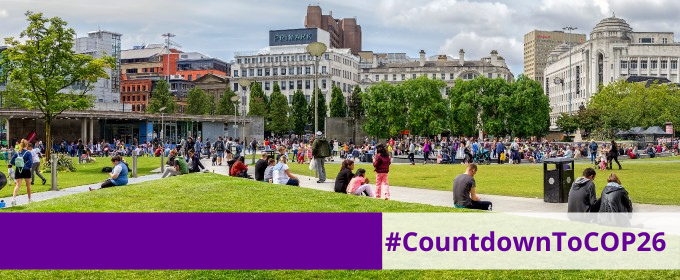There are major disparities in the impacts of air pollution, with low-income communities facing greater health risks due to higher exposure to air pollutants. In this blog, Professor Sheena Cruickshank, an immunologist and Academic Lead for Public Engagement with Research at The University of Manchester, outlines the disproportionate health effects of air pollution on marginalised […]









